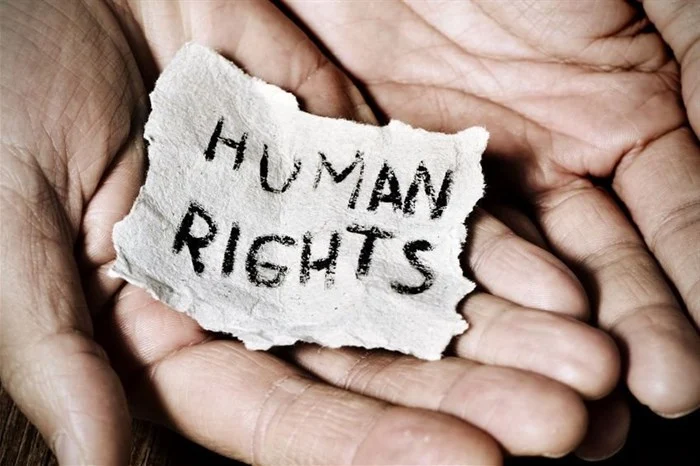
South African philanthropists unite for climate action with new pledge
Shan Radcliffe 28 Feb 2025
Corporates vital role in driving social change21 March is Human Rights Day in South Africa, commemorating the Sharpeville Massacre, which sparked international outrage and fueled the global anti-apartheid movement.  Image source: nito500 – 123RF.com With the fall of apartheid in 1994, South Africa adopted a progressive Constitution and Bill of Rights. The preamble to the Bill of Rights declares: This Bill of Rights is a cornerstone of democracy in South Africa. It enshrines the rights of all people in our country and affirms the democratic values of human dignity, equality, and freedom. Years later, the Department of Education introduced the Bill of Responsibilities, urging South Africans to "accept the call to responsibility that comes with the many rights and freedoms that [they] have been privileged to inherit from the sacrifice and suffering of those who came before [them]." This initiative recognised the indivisible link between rights and responsibilities. Today, as global politics shift and threaten hard-won rights worldwide, corporations play an increasingly critical role in upholding human rights by being agents of social change. Beyond CSRCorporate social responsibility (CSR) refers to a company’s ethical obligation to consider its societal and environmental impact. It involves efforts to contribute positively to communities while being accountable to all stakeholders. However, CSR has evolved beyond traditional philanthropy into concepts like the shared value ecosystem, which integrates social purpose into business strategy. The Shared Value Initiative describes this as "a more sophisticated form of capitalism that brings social purpose into the boardroom, enabling businesses to lead social progress." Taking this idea further, businesses need to move beyond compliance or accountability alone. They must become proactive agents of positive social change by ensuring that capitalism produces benefits for all. Social change in action: Corporate strategies Ray van der Fort, founder of Thirteen Twelve Corporations can take specific actions to uphold human rights and drive systemic social change. Here are three key strategies:
Fragile rights require collective actionHuman rights remain fragile and require collective efforts to safeguard them. By acknowledging this and adopting these strategies, corporations can transition from traditional CSR models toward becoming proactive agents of social change. And in doing so, they not only protect human rights but also contribute meaningfully to a more equitable society. About the authorRay van der Fort is a consultant, collaborator and creator
focusing on Justice, Equity and Inclusion. She has led the Diversity, Equity and Inclusion Strategy at WPP
South Africa and Smollan, and has successfully collaborated
with individual practitioners to develop and support Equity and
Inclusion programmes. She founded Thirteen Twelve as an incubator for social change. |